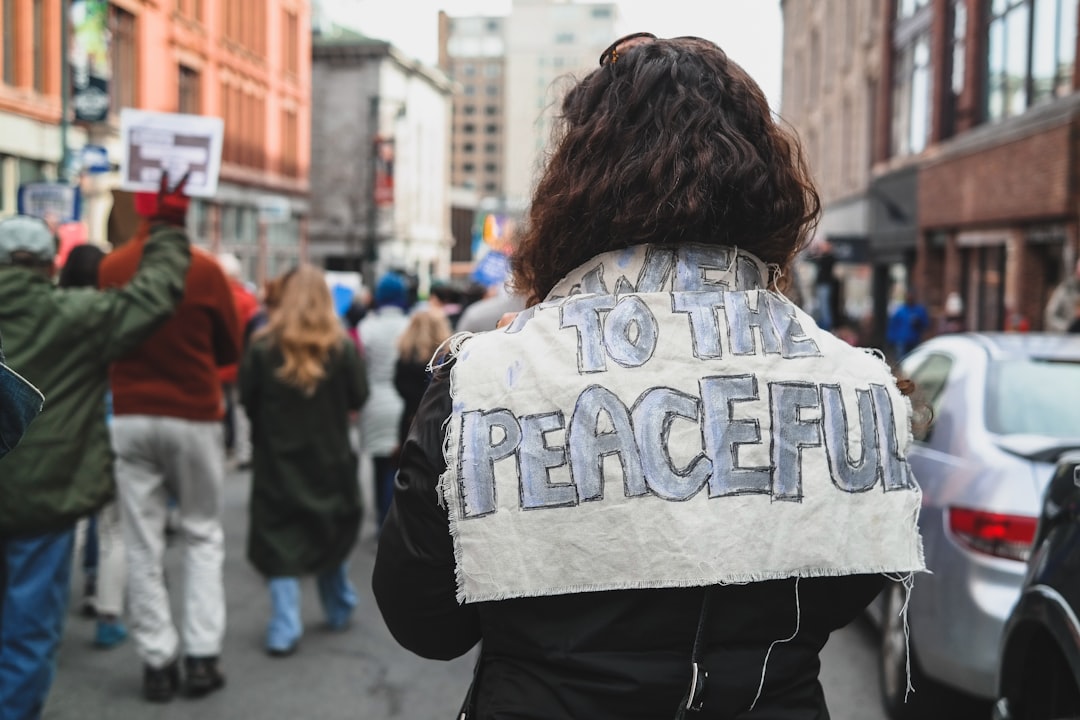The First Amendment to the United States Constitution guarantees the freedom of speech. The principle of free speech is a vital component of any democratic society that values individual liberty and open discourse. However, in this fostering of free speech, it is crucial to recognize that with this absolute right comes a responsibility to ensure that the exercise of this freedom does not lead to harm or destruction.

The First Amendment states, “Congress shall make no law respecting an establishment of religion, or prohibiting the free exercise thereof; or abridging the freedom of speech.” This foundational right empowers individuals to express their thoughts, opinions, and beliefs without fear of government censorship or suppression. It facilitates the exchange of ideas, the challenging of established norms, and the progression of society. In essence, it is the lifeblood of a free society.
Yet, this unfettered freedom must have some limits, and those limits become evident when speech advocates harm to others or promotes violence, murder, or genocide. In a society that values peace, freedom, and the protection of human rights, these forms of expression must have consequences.
Advocating harm, whether it is violence, murder, or genocide, undermines the very values that a free society cherishes. Such speech threatens the safety and security of individuals and communities. While the First Amendment protects many forms of speech, it does not and should not protect speech that poses an immediate and credible threat to the life and well-being of others. These are not expressions of opinion but direct incitements to violence and hatred.
When confronted with individuals who espouse such dangerous beliefs, it becomes necessary to balance the Right to free speech with the Responsibility to protect society and its members. This is where consequences come into play. The First Amendment does not shield individuals from the consequences of their actions or words.
In the case of speech advocating harm or violence, it is essential that the legal system intervenes to ensure safety and security within the broader community. Consequences might include criminal charges, imprisonment upon conviction, or even deportation in extreme cases.
For those instances where individuals actively promote and incite violence, murder, or genocide, the merit of returning them to their country of origin ought to be considered. This is evidence that their core values are not aligned with a peaceful and tolerant society. However, such a response should be reserved for cases of the utmost severity, following due process, and in full accordance with established legal norms.
It is crucial to emphasize that advocating such consequences for those who promote harm does not infringe upon their right to express their opinions or beliefs. Instead, it upholds the broader principles of a society that values peace and freedom. The principle of free speech is not a shield that enables individuals to avoid accountability when their words threaten the safety and well-being of others.
In a free society, open and respectful discourse should be the norm, and individuals should be encouraged to express their views, even if they are unpopular or controversial. But when speech turns into a weapon for violence, destruction, or the promotion of hatred, it cannot be protected as free speech, as it contradicts the very essence of a peaceful and free society.
To celebrate the merits of a free society, we must also emphasize the responsibility that accompanies free speech. We must acknowledge that free speech, while a cherished right, is not without its limitations when it poses harm to others. Consequences for such speech are not an infringement on freedom but a safeguard of peace and the protection of human rights.
In conclusion, free speech is a fundamental right in a free society, but it is not without limitations (an absolute right). The First Amendment empowers individuals to express their thoughts and beliefs without government censorship. However, when speech advocates harm, violence, murder, or genocide, it threatens the peace, security and freedom that civilized society values most. Consequences that match the severity of the potential damage are necessary. There is a delicate balance between celebrating free speech and conceding that there is a need for responsibility in its exercise.


Share Your Thoughts